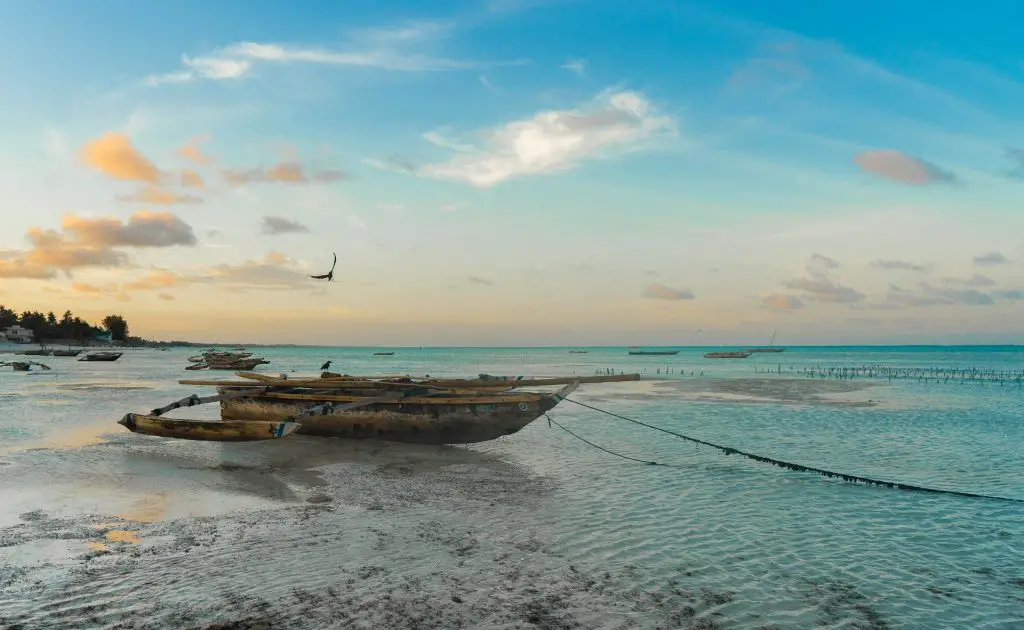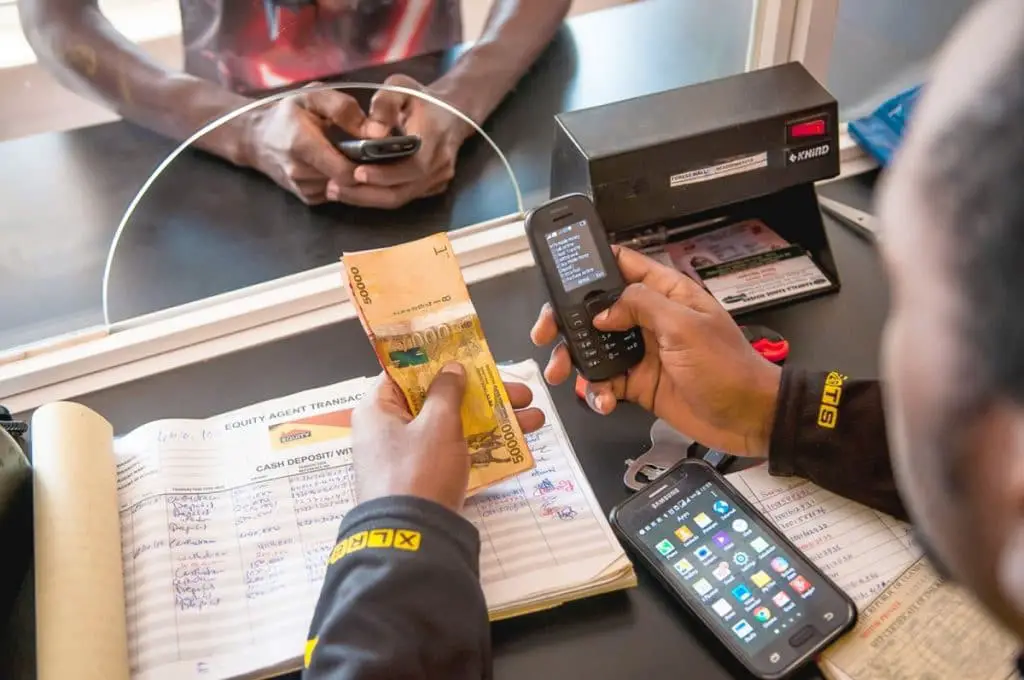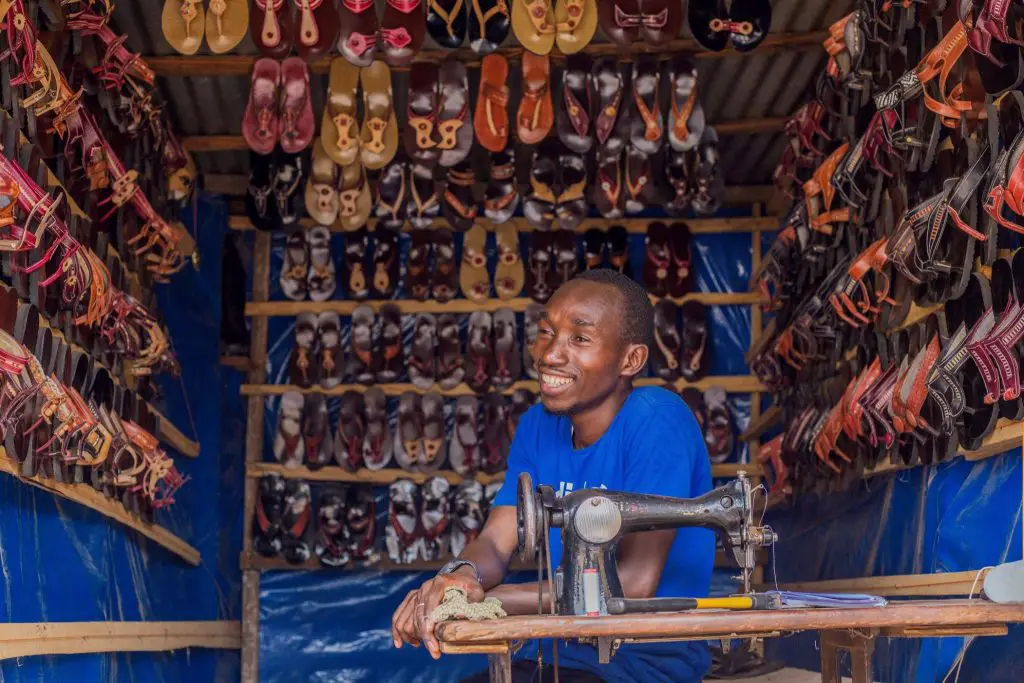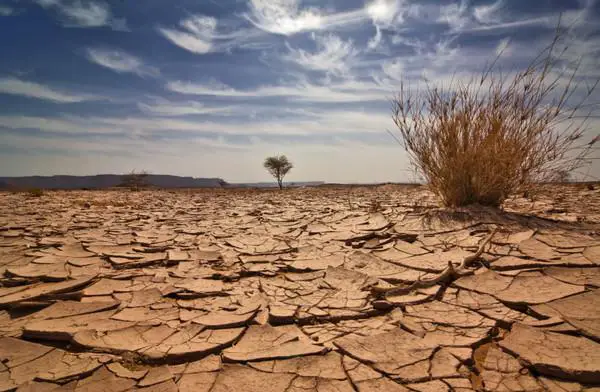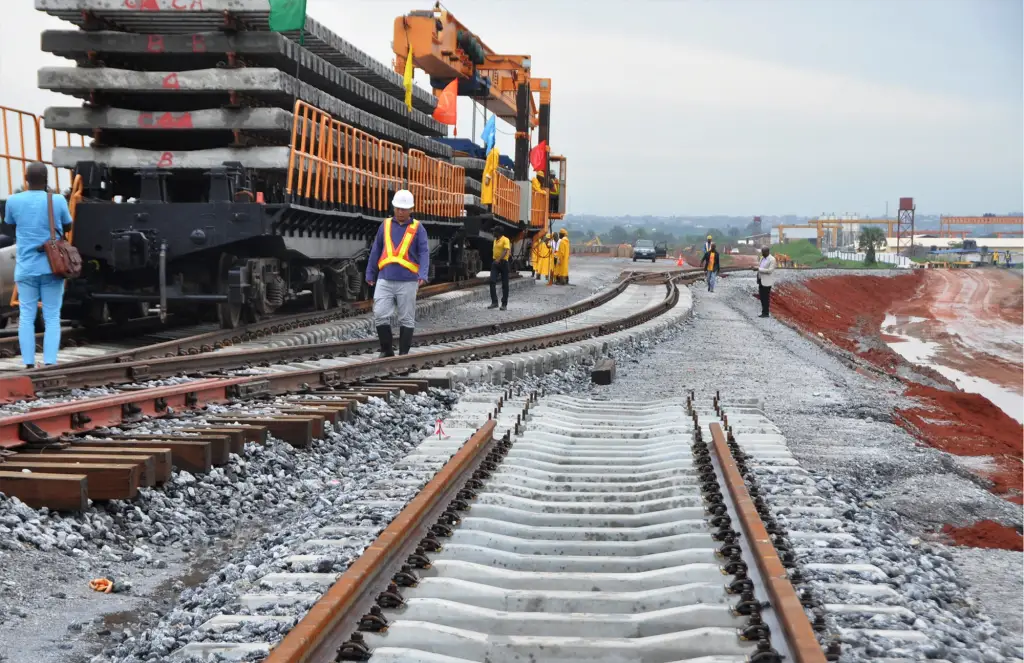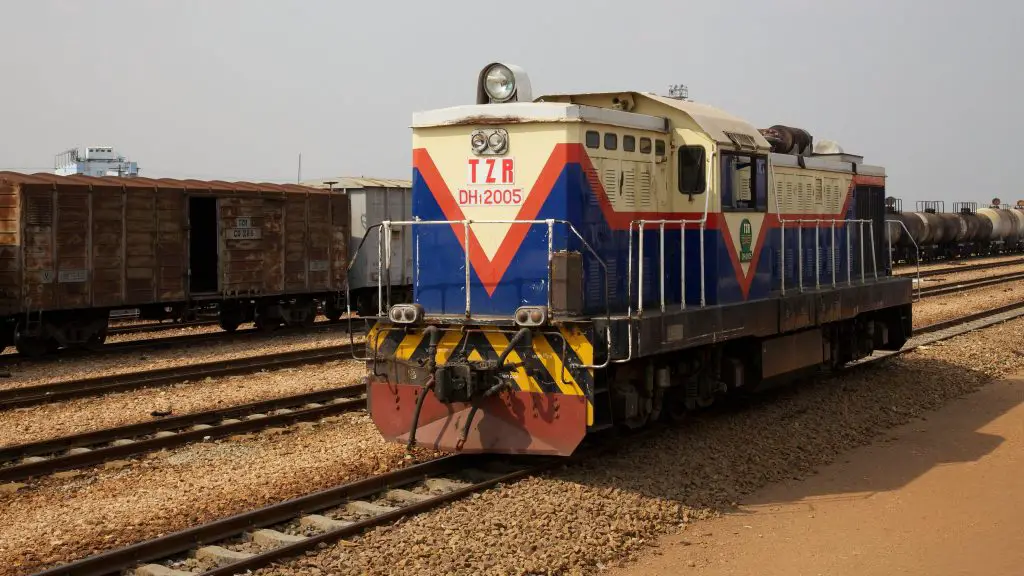- Agribusiness could drive Africa’s economic prosperity
- Dawood Al Shezawi: Why AIM Congress 2024 is the epicenter of global economic and cultural dialogues
- d.light’s 600,000 cookstoves project verified as top source of quality carbon credits
- Artificial intelligence (AI) could create a turning point for financial inclusion in Africa
- AIM Congress 2024: Catalysing global investments with awards
- Kenya’s economic resurgence in 2024
- The most stressful cities to live in 2024 exposed
- Tech ventures can now apply for the Africa Tech Summit London Investment Showcase
Browsing: Africa
Greater manufacturing potential as low-cost manufacturing opportunities continue to move to Africa.…
It is nature that is going to save us, yes, nature.
The rich arable lands of Tanzania, the recycling business potential in Nigeria and Kenya, and the sustainable-architectural business models in Rwanda and South Africa are few angles that the World Economic Forum (WEF) finds to be vital in channeling better economic solutions and resilience.
This thinking-approach emanates from the second report (of three), The Future of Nature and Business by the WEF which provides practical insights necessary to steer economies around the world towards a nature-positive economy.
It is safe to say the Coronavirus (COVID-19) pandemic has given rise to a lot of ideas towards rethinking and developing sustainable economy approaches.
As job losses and economic uncertainty hurt economies and livelihoods, nature-centred economic approaches seem to carry the necessary incentives to accommodate the global community’s needs.
“As governments and businesses look to stimulate growth, a new …
Many investors are targeting the sector which has helped expand financial inclusion in Sub Saharan Africa.…
VUCA (Volatility, Uncertainty, Complexity and Ambiguity) in Sub-Saharan Africa presents challenges to doing business that are distinct and unique to each market in the region. Such issues as political and economic risk which affect business decisions and hamper business growth in some climes, language barriers and cultural distinctions which affect communication and understanding in trade and currency value disparities all create opportunities for solutions through strategic government relations.
Also Read:Coveting larger markets: Ethiopia’s bid to join WTO
Forbes®, in defining the meaning of the acronym, explains that ‘Volatility’ refers to rate of change at a market or global scale. The more volatile the market is, the higher its chances of change. ‘Uncertainty’ deals with the level of confidence with which the future can be predicted. Where the market situation is uncertain, there is greater difficulty to predict and anticipate a market shift. ‘Complexity’, which refers …
Africa’s labour pool is uniquely made up of various sections, the most dominant one being the informal sector—encompassing the most human capital, catering for most young-population livelihoods and it is highly un-attended—in terms of proper management and regulations by governments across the region and there is substantial evidence to back this claim.
According to a 2018 publication by the World Bank Understanding the informal economy in African cities: Recent evidence from Greater Kampala, the informal sector accounts for huge employment in African cities, marking 86 per cent of total employment in sub-Saharan Africa according to the International Labor Organization estimates (ILO).
“With a pervasive informal sector, city governments have been struggling with how best to respond. On the one hand, a large informal sector often adds to city congestion, through informal vending and transport services, and does not contribute to city revenue,” …
Nature hurts economies, and if such economies are not well equipped to handle the aftermath of flooding, famine, water scarcity, or food insecurity—the more shocking realities are bound to come.
Climate change is real and it hurts African economies, and the region is being slapped with a heavy price to pay, amid its struggle to mark sustainable development.
According to a 2018 report by The Conversation, in the same year—almost 10,000 homes were wiped off the ground by floods, displacing nearly 2 million people in Africa up to September 2018.
In East Africa, Tanzania losses nearly $2 billion in damage from floods according to a report published by Nature Climate Change in 2017.
As the least emitter of greenhouse gases, Africa stands to lose a lot in this battle, with climate action funding coming in short and countries such as the United States of America and China tiptoe on taking …
African businesses are shifting towards new technologies in response to the ongoing pandemic, according to a new report published by the United Nations Economic Commission for Africa (UNECA).
The UNECA and the International Economics Consulting Ltd jointly published the report which is the second comprehensive survey on the COVID-19 pandemic and its economic impact across Africa, according to UNECA.
The online survey was conducted from June 16 to July 20 to provide insights into the effects of the pandemic on economic activity for businesses across the region. The survey mainly identified challenges encountered by African businesses as well as their responses to mitigate the adverse impact of the pandemic.
According to the report from the survey among the top three challenges faced by African countries during the pandemic are reduced opportunities to meet new customers drop in demand for products and services, as well as lack of cash flow.
“Companies …
With Africa being majorly youthful, this crisis could be just what the continent needed to shift from the analogue way of doing things to moving the office online.…
Across the continent to West Africa where we find one of Africa’s largest economies, Nigeria. Here we find another railway deal gone bad, the $500 million Lagos – Ibadan railway.
In a similar manner to Kenya’s SGR debacle with China, which resulted in Kenya sinking heavily into debt that it simply cannot afford to pay and restructure, Nigeria is now finding a similar fate.
According to the country’s Director General for Nigeria’s Debt Management Office (DMO) Patience Oniha, when making a deal with China, ‘…the Chinese determine the cost of projects, give us loans tied to the projects and the projects must be executed by Chinese firms alone.’
It is alleged that not only does China force importation of even the smallest of laborers but also all the equipment and guess where they are imported from? Yes, China.
It is further argued that by so doing, China is using these …
While its Standard Gauge Railway project is commencing at the speed of light to give Tanzania its first electric powered train, the country is also making efforts to revive its once closed internal railway line for locomotives.
Last year, Tanzanians joy rode the reopened passenger and cargo train from the commercial port city of Dar es Salaam to Moshi, home of Africa’s highest mountain, the Kilimanjaro.
New locomotives were bought and engines imported, the train quickly became a national hit and immediately eased the pressure that was on road transport. Government officials led the excited public in trying out the train that has first, second and third class levels offering all te amenities that a traveler would need.
The revival of freight operations on the 438 km rail stretch was marked by a ceremony that was attended by Prime Minister Kassim Majaliwa at the destination of the train in Moshi.…






